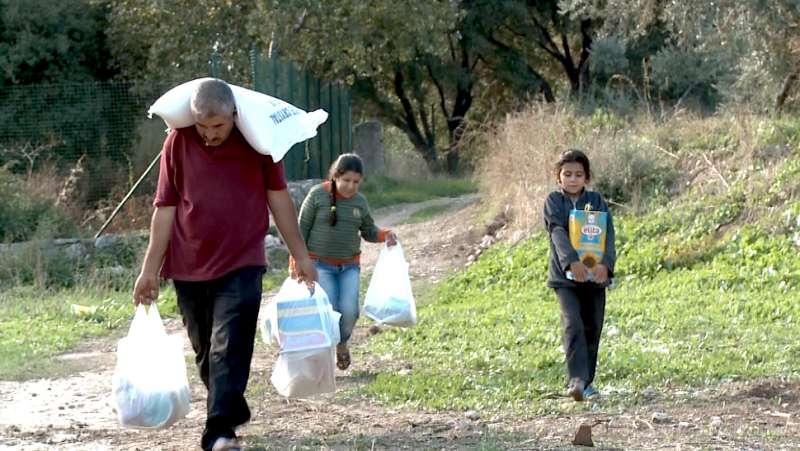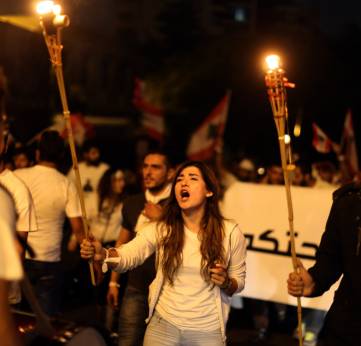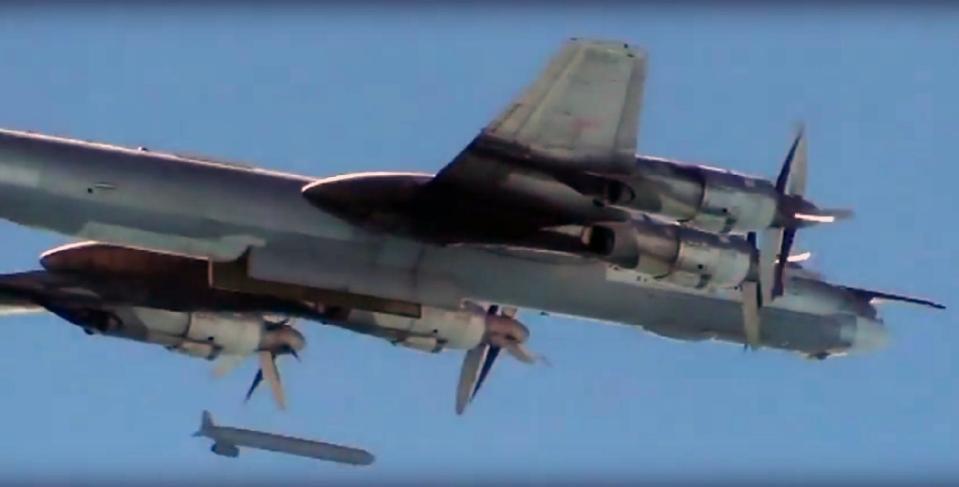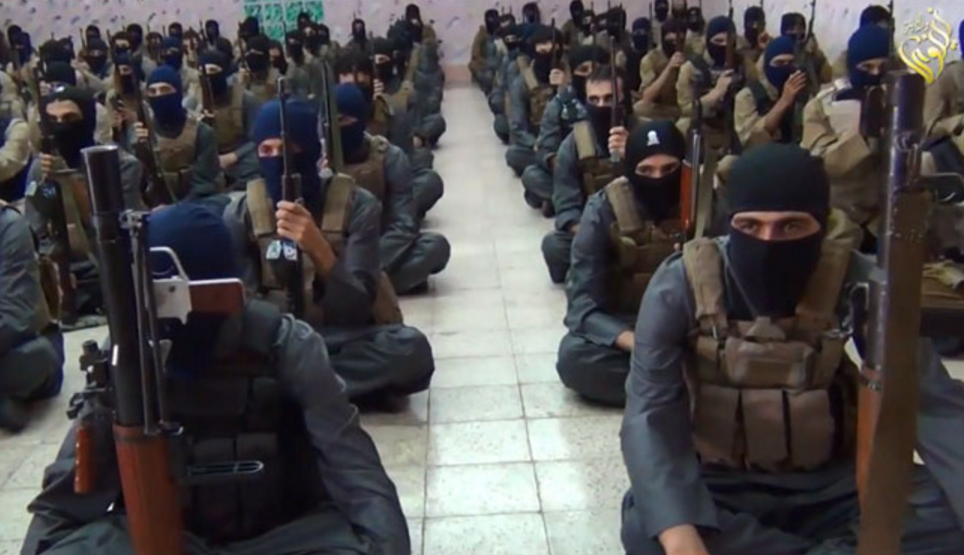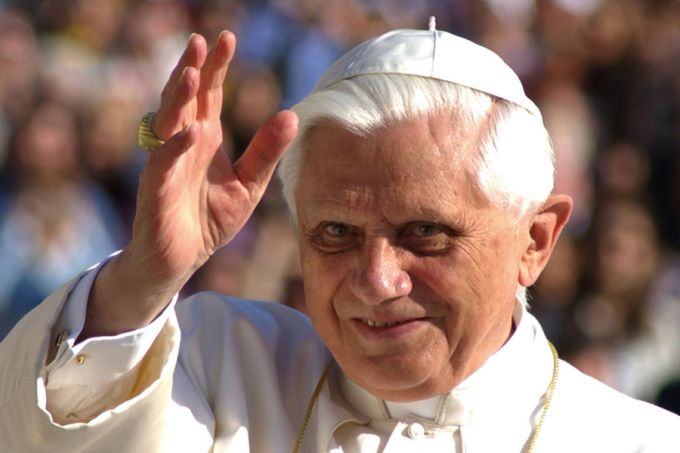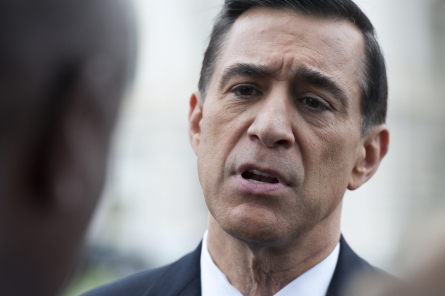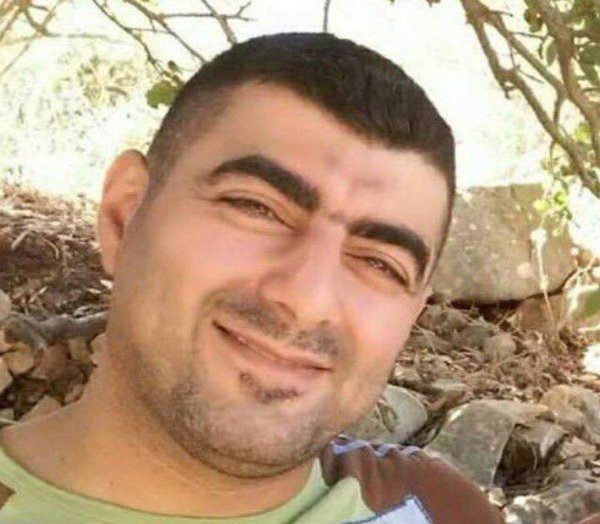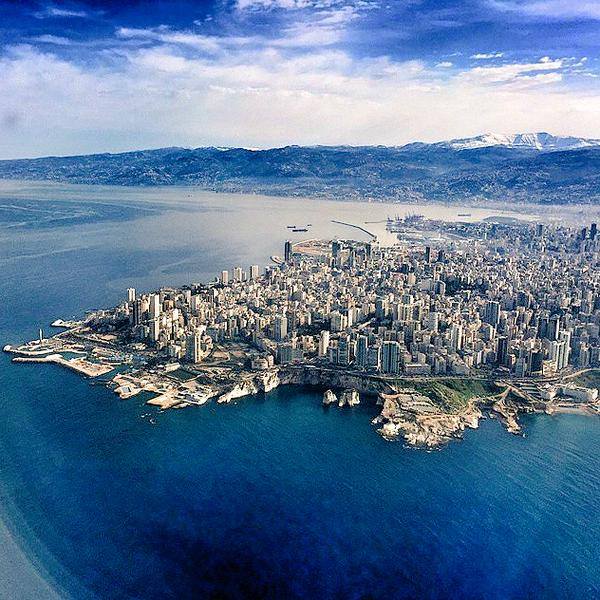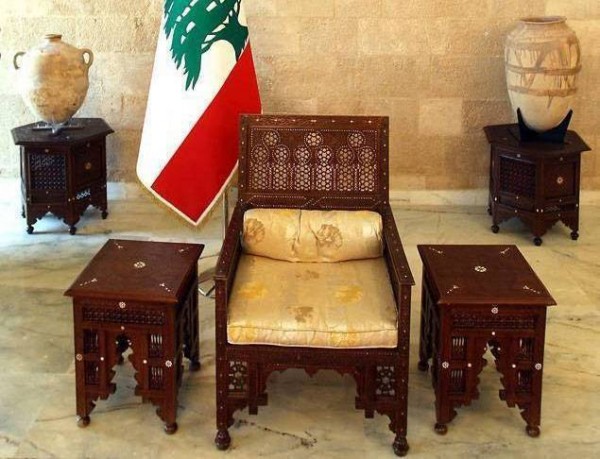
BEIRUT–Lebanon’s destructive civil war ended a quarter century ago. The capital has been rebuilt. New buildings are rising and shoppers throng luxury shops. Trendy young Lebanese fill restaurants and bars at night. Lebanon is the Middle East’s only melting pot. Never has the region more needed a peaceful oasis.
However, the country is a sectarian volcano. Barely a generation ago Lebanon was torn apart in a bloody civil war which drew in America for a short time. Today cars race by buildings damaged still. Bullet pockmarks subtly mark many structures, including where I stayed.
The capital is but a short drive away from the Syrian imbroglio. A fourth of Lebanon’s current population is refugees. The Shia Hezbollah movement acts as a state-within-a-state, confronting Israel to the south and anti-Assad insurgents to the east. Sunni radicalism is growing. The minority Christian community has broken apart, creating political deadlock and paralyzing the government. The country faces water shortages and power outages even in Beirut, where garbage has piled high since the July closure of the city’s landfill. Warned the International Crisis Group: "today’s dynamics bear an uncanny similarity to those that preceded the civil war."
